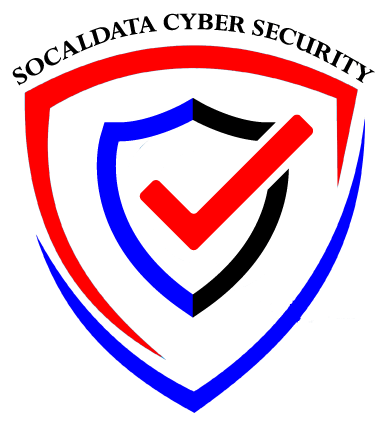Electroplating companies that work with government contracts must adhere to rigorous standards and regulations. Governance, Risk, and Compliance (GRC) frameworks play a vital role in ensuring these companies meet the necessary requirements, manage risks effectively, and operate ethically.
This article highlights the importance of GRC for electroplating companies involved in government projects.
1. Compliance with Stringent Government Regulations
Government contracts require strict adherence to regulatory standards, particularly when dealing with hazardous chemicals used in electroplating. GRC frameworks ensure that companies comply with environmental, health, and safety regulations, minimizing the risk of non-compliance penalties and legal issues. This involves implementing robust compliance programs, conducting regular audits, and staying updated with regulatory changes.
2. Environmental Protection and Sustainability
Electroplating processes can have significant environmental impacts if not managed properly. Government contracts often prioritize sustainability, requiring contractors to adopt environmentally friendly practices. GRC helps electroplating companies establish and maintain environmental management systems that control emissions, manage waste, and reduce pollution, aligning their operations with government sustainability goals.
3. Operational Safety and Risk Management
The hazardous nature of electroplating chemicals necessitates stringent safety measures to protect workers and the environment. GRC frameworks promote a culture of safety by establishing protocols for handling hazardous materials, maintaining equipment, and providing employee training. Effective risk management practices identify potential hazards and implement measures to mitigate them, ensuring safe and continuous operations.
4. Building Trust and Credibility with Government Agencies
Government agencies seek contractors that demonstrate a commitment to ethical practices, compliance, and risk management. Electroplating companies with strong GRC frameworks can build trust and credibility with government clients. Transparent operations, adherence to ethical standards, and proactive compliance management showcase the company’s reliability and integrity, making them preferred partners for government contracts.
5. Financial Stability and Risk Mitigation
Non-compliance with regulations can lead to severe financial penalties, legal action, and damage to the company’s reputation. GRC frameworks help mitigate these risks by ensuring continuous compliance and effective risk management. Regular risk assessments, internal audits, and timely corrective actions minimize the likelihood of financial losses and protect the company’s financial stability.
6. Enhancing Competitiveness in Government Bidding
Government contracts are highly competitive, with strict selection criteria. Electroplating companies with comprehensive GRC frameworks have a competitive advantage, demonstrating their ability to comply with regulations, manage risks, and operate ethically. This not only helps in securing contracts but also establishes the company as a reliable and responsible contractor in the eyes of government agencies.
Conclusion
Governance, Risk, and Compliance (GRC) are critical for electroplating companies serving government contracts. GRC frameworks ensure compliance with stringent regulations, promote environmental sustainability, enhance operational safety, build trust with government agencies, mitigate financial risks, and improve competitiveness in government bidding processes. By embracing GRC, electroplating companies can safeguard their success, maintain regulatory compliance, and achieve long-term sustainability in a highly regulated and competitive environment.

